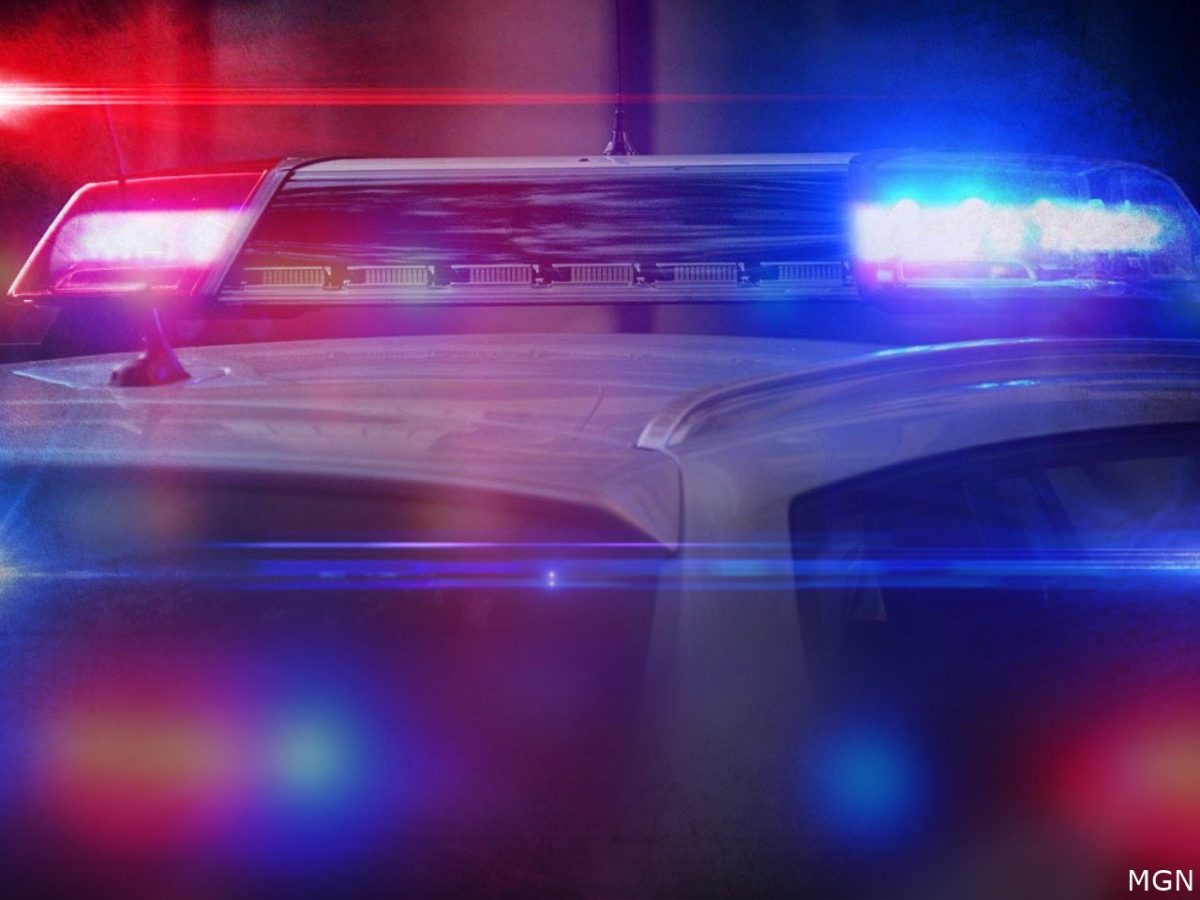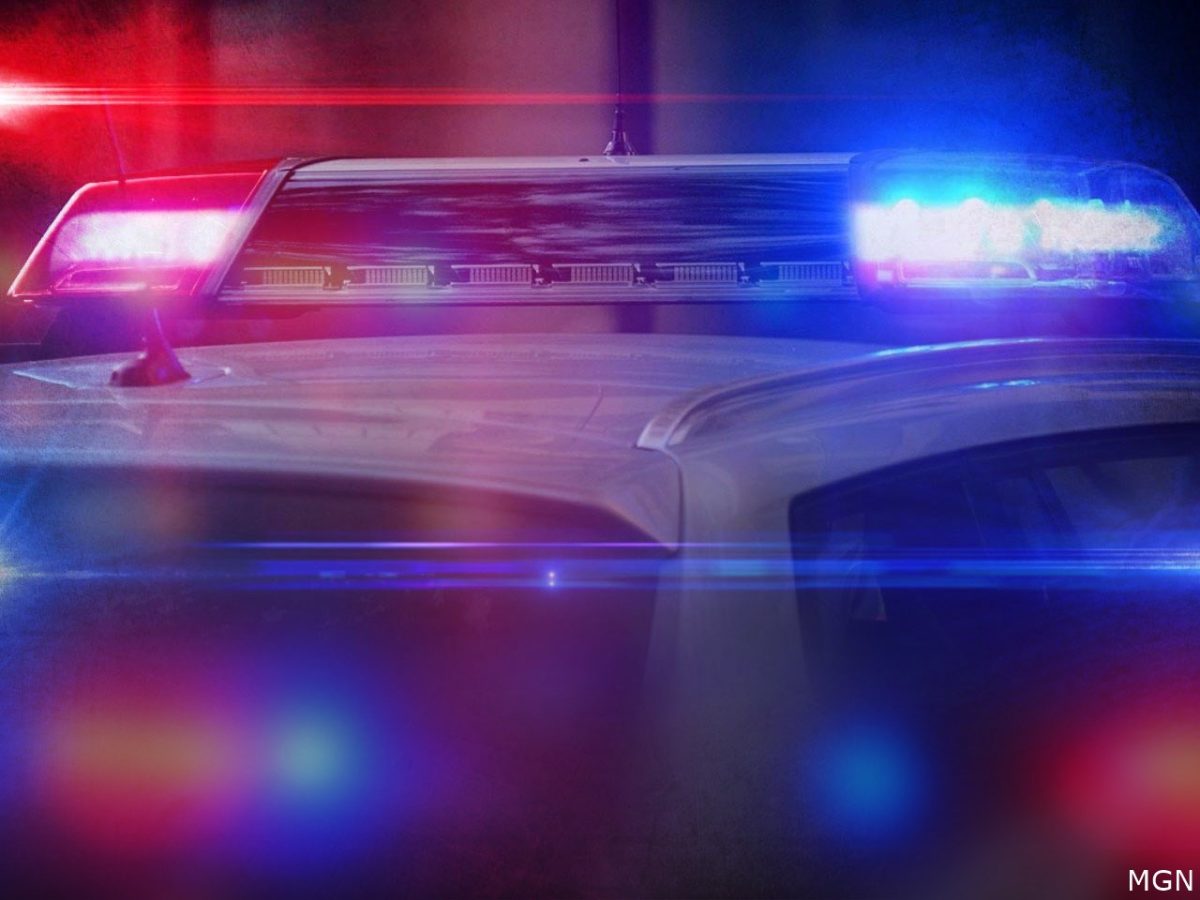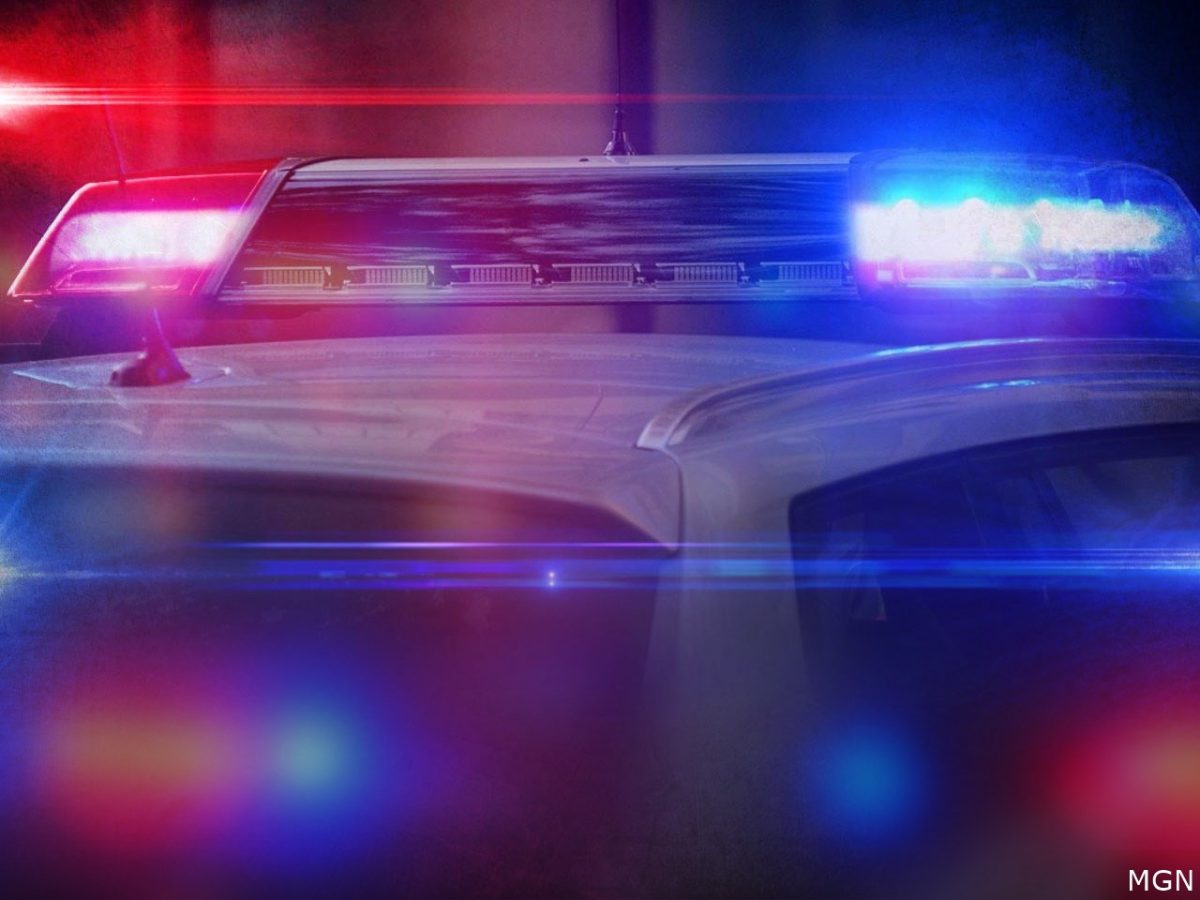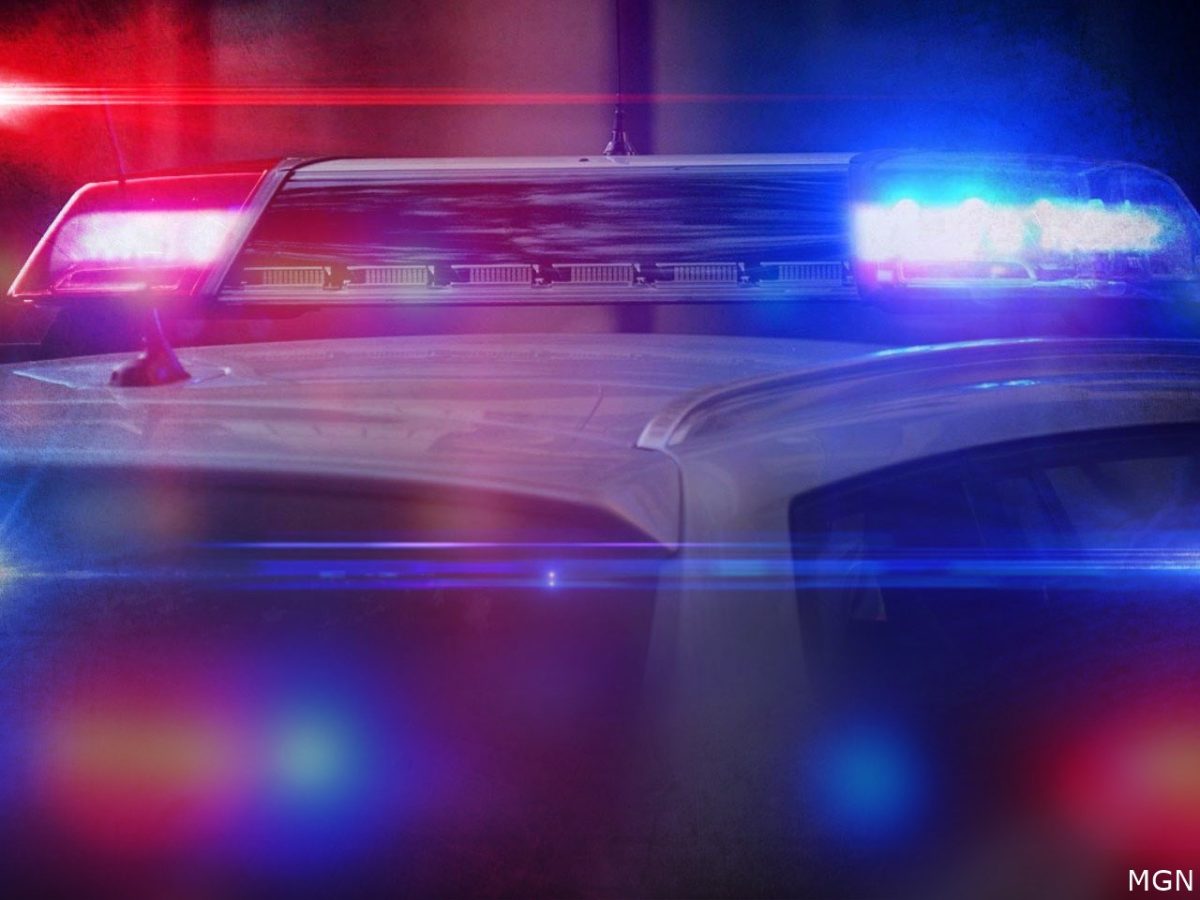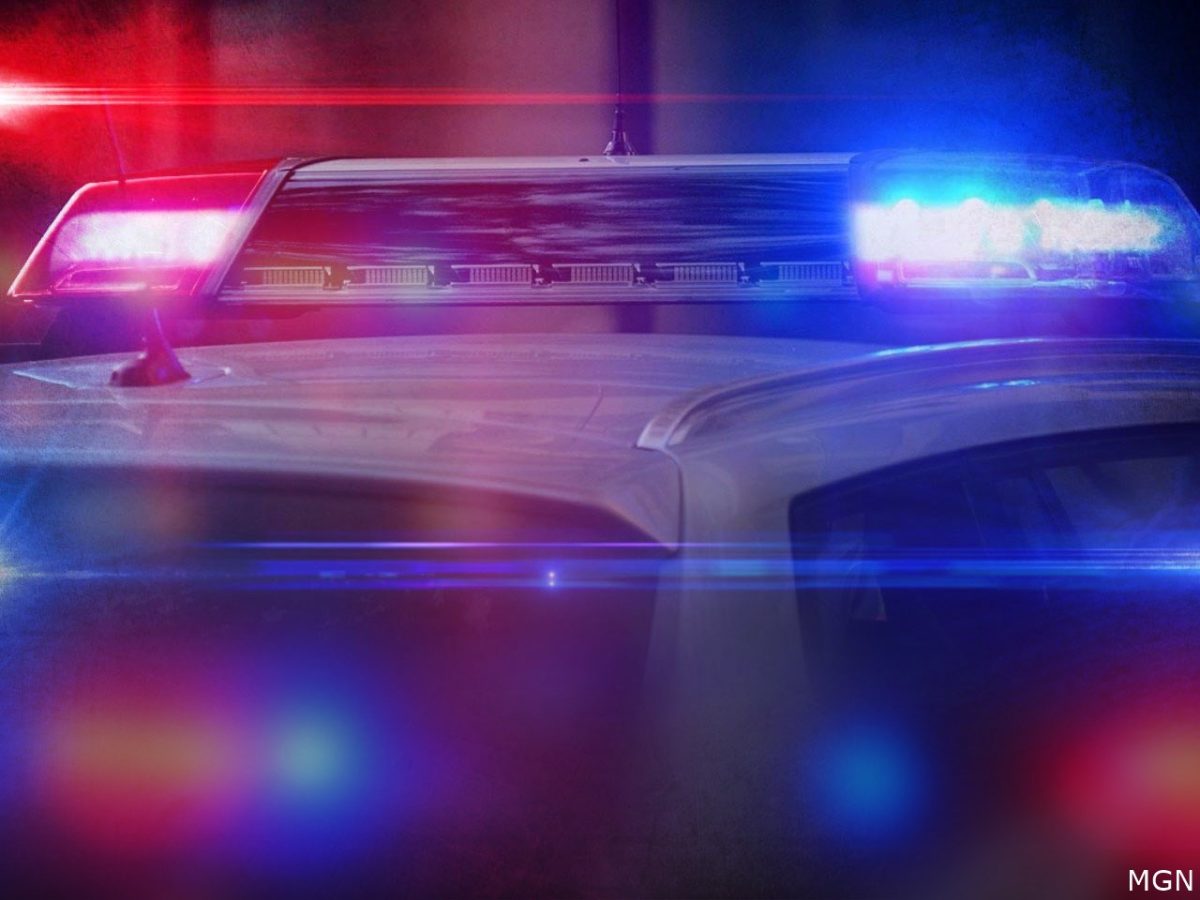
Weber State University graduate Eddie Baxter and the Office of Access and Diversity hosted the fourth annual Eddie’s Barbecue to promote open dialogue between students of color and WSU police. Baxter and police leadership hope the event will create an environment of friendliness and mutual understanding among students and local law enforcement.
As a local DJ provided music, the attendees met inside of Wasatch Hall to eat hamburgers, barbecue chicken sandwiches and s’mores.
Freshman and nursing major Madeline Kidd said she attended the event for food.
The free food worked, garnering over 100 attendees despite the rain, cold weather and last minute change of venue. Beyond providing a warm meal on a cold day to hungry students, the event also had a deeper purpose.

The prevalence of smart phones and the instantaneous nature of social media have shone a spotlight on race relation issues, especially those dealing with how law enforcement interacts with people of color. Recognizing the trend, Eddie Baxter — a former WSU student and member of Black Scholars United — wanted to provide a safe venue for students of color and law enforcement to meet and overcome barriers to communication.
“I was looking for solutions for my local community,” Baxter said. “I came up with an idea for a barbecue for our students of color and local law enforcement to come together.”
Baxter credited the university for being open and supportive of the idea. WSUPD Assistant Police Chief Captain Seth Cawley agreed with Baxter’s idea.
“It is important to build these relationships, especially in this environment,” Cawley said. “We want to let them get to know us, and we get to know them. We want to support each other.”

Alex Dutro-Maeda, WSU Women’s Center program specialist, appreciates the purpose and nature of Eddie’s Barbecue.
“We see in the media all the time the fraught relationship between law enforcement and marginalized communities,” Dutro-Maeda said. “If we do not talk about it and acknowledge it, then nothing is ever going to change.”
Nailah Mansa, the WSU African American student senator, made sure to promote discussion. After briefly instructing the audience about how to recognize implied bias, Mansa then encouraged attendees to submit questions for the police to answer.
The topics within the questions included the displaying and meaning of the “thin blue line,” the perceived fairness or unfairness of the judicial system and the overall power of the police.
The police officers explained that the “thin blue line” represented a tribute and memorial to officers who had died in the line of duty. Other community members expressed their frustration with how some have appropriated the symbol as a form of aggression against people of color and the Black Lives Matter movement. Some attendees arrived at a general consensus that context matters in the display of such symbols.
The officers lamented that the justice system does have its inequities, even for women and people of color within the police force. However, they also acknowledge and have hope that better training and awareness will lead to more fairness and safety for both law enforcement and the community.
After the discussion, Mansa gave students the opportunity to share what they had learned.
“Police are humans, like we are,” said WSU student and Black Scholars United member Terri Hughes. “It is important to get us all into a room to communicate.”














